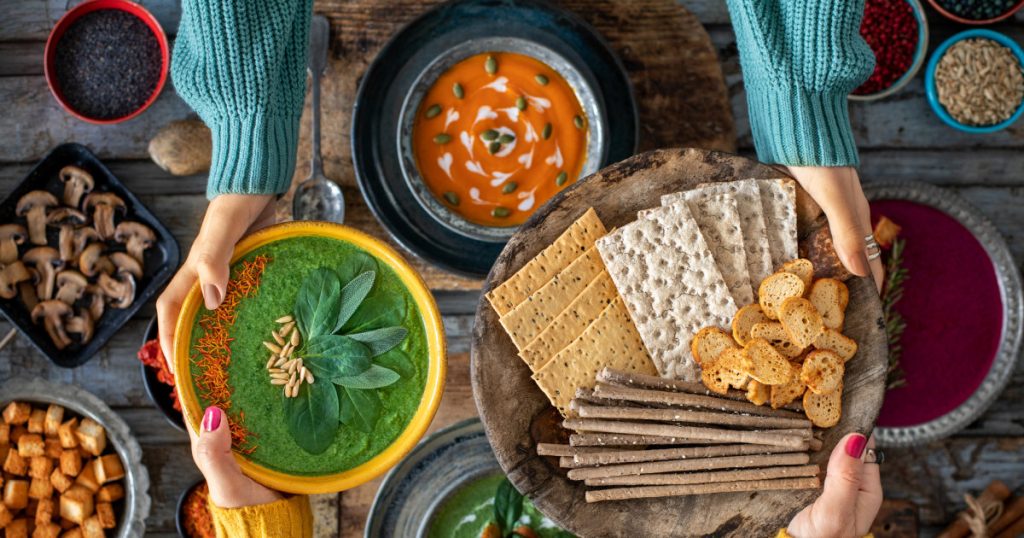Crackers are a popular snack enjoyed by children and adults alike. They are crunchy, satisfying, and delicious to eat on their own or as a vehicle for spreads, dips, and cheeses. In recent years, there has been an increase in healthier cracker options available. Dietitians recommend looking for crackers made with whole grains, seeds, or nuts, and those with fiber, protein, low sodium, no added sugar, and no saturated fat. These ingredients provide nutritional benefits and can help support a balanced diet.
When choosing healthy crackers, it is important to read the ingredients and nutrition label. Whole grains, seeds, and nuts should be the first ingredients listed, as they are nutrient-dense and provide additional plant-based protein and fiber. It is also important to look for minimal sodium and sugar content, as well as no unhealthy fats. Opting for crackers made with non-tropical plant oils, such as olive or avocado oil, and seeds or nuts can contribute to heart-healthy fats.
Some of the top healthy crackers recommended by dietitians include seeded crackers, buckwheat crackers, and 100% whole grain crackers. Seeded crackers offer protein and fiber, while buckwheat crackers are highly nutritious and gluten-free. 100% whole grain crackers are a good choice for those looking for a variety of whole grains in their snacks. Other healthy cracker varieties include sourdough, oat, almond flour, and lentil crackers. Making your own healthy crackers at home can give you control over the ingredients and allow for customization according to your preferences.
While there is no cracker that needs to be entirely avoided, some crackers are considered less healthy due to low nutritional value, high sodium or sugar content, and highly processed ingredients. These include crackers made with refined white flour, added sugars, saturated or trans fats, and additives. If indulging in less healthy crackers, it is important to consume them in moderation and stick to the recommended serving size. Pairing crackers with nutrient-rich foods, dips, and spreads can help create a more balanced and satisfying snack.
Overall, crackers can be a part of a healthy diet when chosen wisely and consumed in moderation. By selecting crackers made with whole grains, seeds, or nuts, and those with fiber, protein, low sodium, no added sugar, and no unhealthy fats, individuals can enjoy a nutritious and delicious snack. Being mindful of portion sizes and choosing nutrient-rich toppings can enhance the nutritional value of crackers and create a satisfying snacking experience.


